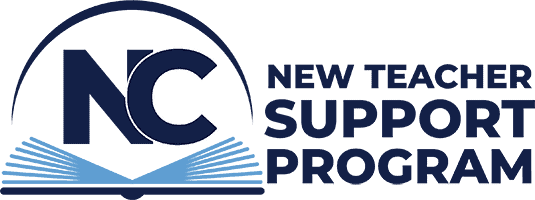What’s In Your Control?
Bestselling author Stephen Covey (1989) wrote, “Proactive people focus their efforts in the Circle of Influence. They work on the things they can do something about…Reactive people, on the other hand, focus their efforts in the Circle of Concern. They focus on the weakness of other people, the problems in the environment, and circumstances over which they have no control” (p. 83).
Finding Balance in the Classroom
It’s March and Spring Break is right around the corner. As expected, you are immersed in everyday tasks such as lesson planning, engaging your students in deeper learning, monitoring student progress, and communicating with parents (just to highlight a few of the many responsibilities). To be at your best and meet the unique needs of all students, you are inclined to try and control everything that relates to your classroom. As much as possible, stay within your circle of influence (proactive focus depicted above), focusing on your classroom environment and the students within it. You can’t fix everything!
Through experience, I have learned that students bring a unique set of skills to the classroom and one-size-instruction does not fit all. Developing a highly effective classroom experience for all takes time and energy – it is a process. We cannot control the economy or the coronavirus but we can control creating an inviting, inclusive, and respectful classroom climate, developing lesson plans that are relevant, meaningful, and challenging. Aimee Dean, also known as the “Behavior Queen” provides some great resources to help structure your classroom. In addition, see this reflective document for tips on how to ensure lesson plans are student-centered, meaningful, and engaging. Above all, show up everyday with a smile and a positive attitude excited to inspire your students.
Give Students More Control – The Importance of Voice and Choice
As educators, we tend to be control freaks. Ultimately, we want students to take more ownership for their learning – giving control back to the students can lead to less problems and more problem solving. The power of choice is a beautiful thing!
Click here to explore 10 ways you can provide more student ownership and control within your classroom.
When talking about student engagement and empowerment, voice and choice are two very important factors. Our students live in a world with hundreds of channels to choose from, streaming options, countless gaming apps, and more. Choice is so prevalent for them but sometimes we limit those choices in the classroom.
In Giving Students a Say, Myron Dueck (2021) identifies 5 critical themes to help you support a student-centered approach to your classroom: (1) “Sharing and co-creating student-centered learning targets; (2) Using rubrics linked to standards to provide success criteria and ongoing performance assessments; (3) Involving students in ongoing assessment opportunities; (4) Devising grading systems that are reliable, fair, and sensible; and (5) Designing student self reporting structures” (p.10).
Focus On What You Can Control And Don’t Worry About What You Can’t
Although you cannot control the home environments of your students, you can control the design of your homework expectations. Although you cannot control the socioeconomic status of your students, you can develop assessments and grading practices that support diversity, equity, and fairness. Although you cannot control how your students interact with other adults, you can control your relationship with each of them.
As the end of the year approaches, take time to reflect on what you can control, what you can’t, and how you will focus on what matters. When you focus on what is within your control, you are being intentional about your attitude and how you focus your energy. You are being emotionally mature and thinking rationally and clearly which helps keep you positive, energized, and motivated to put your best self forward!
Contributor – Todd Stephan, WCU
NC NTSP Blog Team: Bradley Sasser-ECU, Jackie Aponte-UNC, Lori Best-UNCW, Kathy Fields-UNC, Jami Graham-UNCP, Maghan Kirschner-Charlotte, Todd Stephan-WCU
